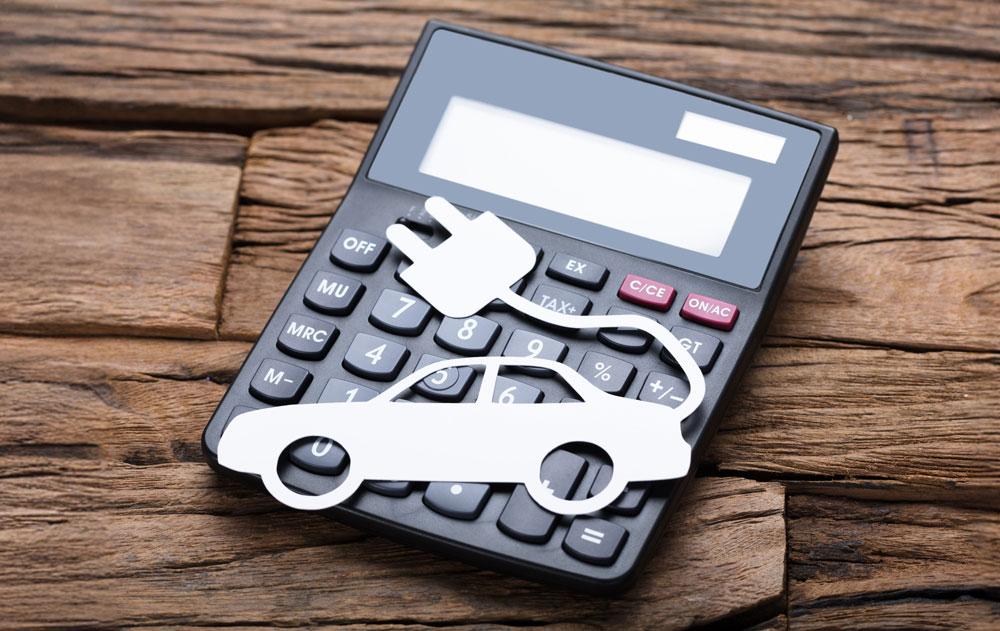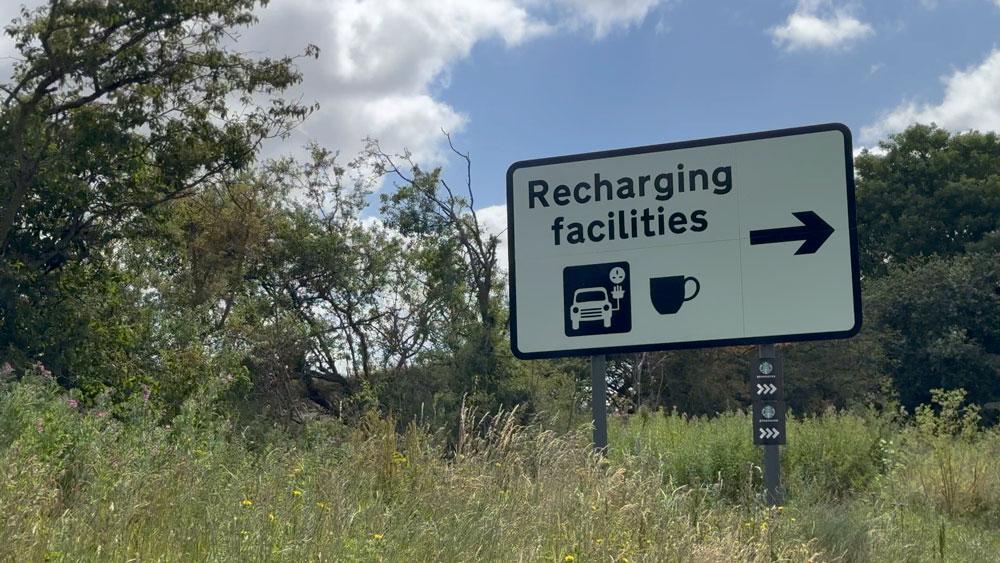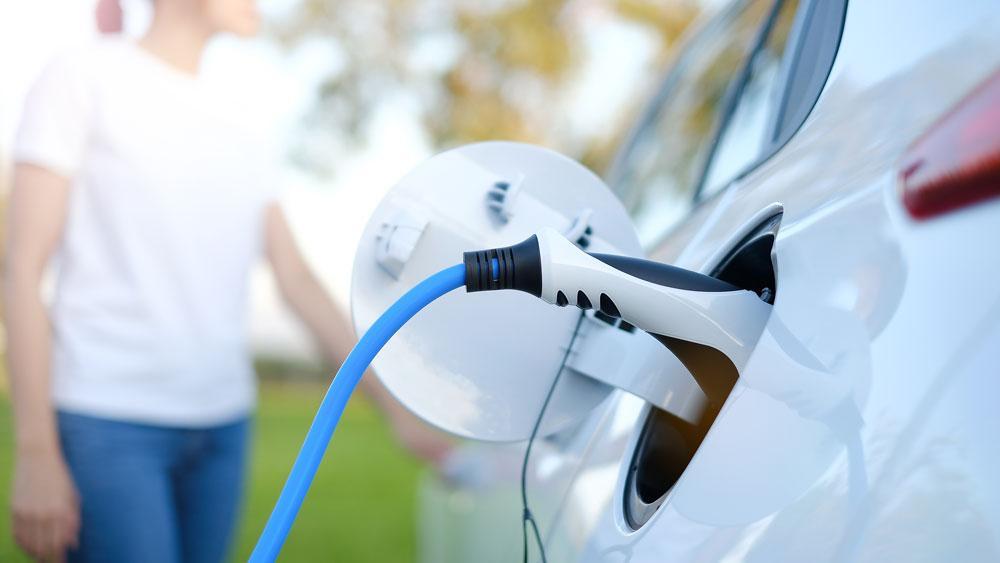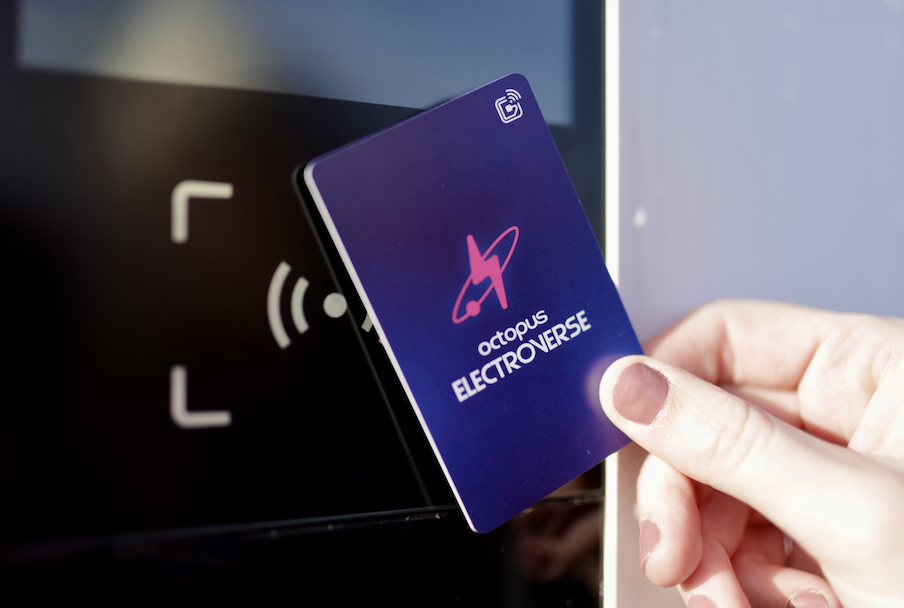A new report from Cornwall Insight and PwC finds that UK fleets have the potential to accelerate an electric vehicle (EV) revolution, with a shift to zero tailgate emissions generating fuel cost savings of around 63% across a fleet.
With 5.3 million vehicles on the UK’s roads, fleets are a major part of the transport sector. As the UK moves towards net zero, fleets could be a crucial component in this journey by leading the charge in the electric vehicle roll-out - a move that would represent half of the number of EVs expected by 2030.
The decarbonisation of the light vehicle fleet will also have a positive impact on air quality. Research in the report states that if all 5.3 million fleet vehicles were to generate zero emissions as much as 30 million tonnes of CO2 would be eliminated - around 25% of all UK transport emissions.
In evaluating the electrification of the fleet market, the report identifies which segments of the sector will be crucial to leading the EV revolution and outlining a road map that fleets may follow as they electrify.
The report finds that fleet electrification is a critical catalyst that will enable the EV revolution in the UK.
Field services, depot-based logistics and leased corporate car fleets are likely to electrify first.
The report also finds that government policy has a critical role to play in enabling the EV fleet transition, and that the business models of charge point operators need to incorporate some key principles to be successful.
If fleets are to maximise the opportunity of electrification, they need to take some critical and preparatory steps in designing their road map.
Not only do fleets constitute a sizeable proportion of the UK’s transport sector, but they are also responsible for more than half of new car registrations (56%) in 2019. So it is easy to see how the electrification of fleets has transformative implications for EVs.
And with a life cycle of between two to four years, fleet electrification has the potential to accelerate growth in the private, second-hand market. As fleets renew their stock, this will not only deliver greater choice and affordability for consumers but will, in turn, act as a catalyst for increased consumer adoption of EVs. Choice and affordability are still one of several barriers to EV update.
However, as the fleet electrifies, this will reinforce the need and underpin the economics of EV charging infrastructure throughout the UK. This will ensure ‘range anxiety’ does not stall the electrification of this vital segment.







